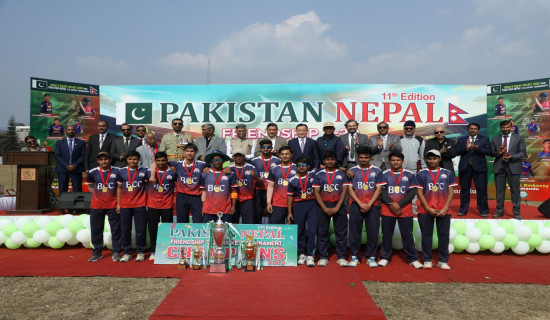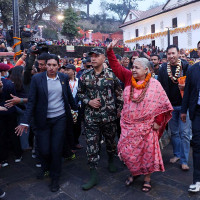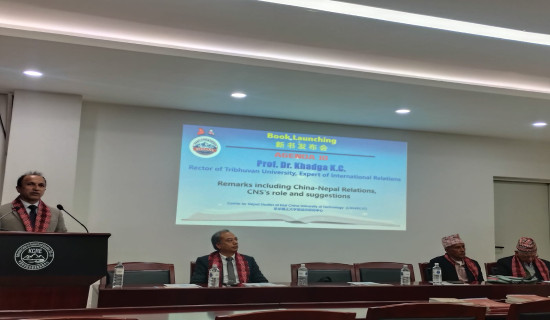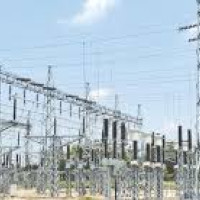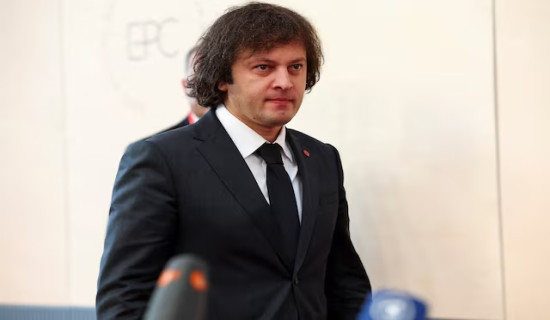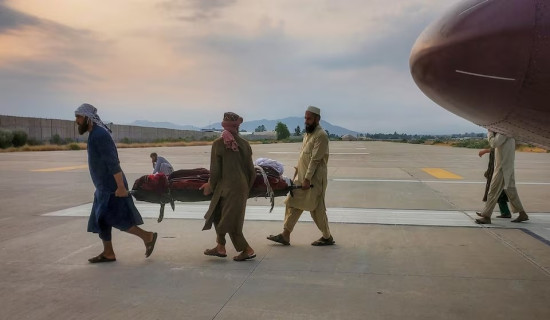- Monday, 16 February 2026
Israel and Hezbollah launch new attacks after deadly day in Lebanon
By Maya Gebeily, Tom Perry and James Mackenzie, BEIRUT/JERUSALEM, Sept 24: Israel struck Hezbollah targets in southern Lebanon and the Iran-backed group attacked military facilities in northern Israel on Tuesday, increasing fears of a full-blown conflict after Lebanon suffered its deadliest day in decades.
Israel's military said it hit dozens of Hezbollah targets overnight, a day after carrying out airstrikes against the armed group which Lebanese authorities said killed nearly 500 people and sent tens of thousands fleeing for safety.
Hezbollah said it targeted several Israeli military targets overnight including an explosives factory 60 km (37 miles) into Israel, which it attacked with Fadi rockets around 4 a.m. (0100 GMT). It said it had also attacked the Megiddo airfield near the northern Israeli town of Afula three separate times.
After almost a year of war against Hamas in Gaza on its southern border, Israel is shifting its focus to the northern frontier, where Hezbollah has been firing rockets into Israel in support of Hamas, which is also backed by Iran.
With the region increasingly on edge, over 30 international flights to and from Beirut on Tuesday were cancelled, according to the Rafic Hariri International Airport's website.
Airlines affected included Qatar Airways, Turkish Airways and various airlines from the United Arab Emirates.
Lebanese caretaker prime minister Najib Mikati’s office said he would fly to New York, where the United Nations General Assembly is taking place, "for further contacts" following the escalated wave of Israeli strikes on Lebanon on Monday.
The fighting has raised fears that the United States, Israel's close ally, and regional power Iran, which has proxies across the Middle East -- Hezbollah, Yemen's Houthis and armed groups in Iraq -- will be sucked into a wider war.
The strikes have piled pressure on Hezbollah, which last week suffered heavy losses when thousands of pagers and walkie-talkies used by its members exploded in the worst security breach in its history.
The operation was widely attributed to Israel, which has not confirmed or denied responsibility.
Israel's intelligence and technological prowess has given it a strong edge in both Lebanon and Gaza. It has tracked down and assassinated top Hezbollah commanders and Hamas leaders.
Israel's military said about 55 projectiles had crossed into Israel in the latest attacks, but the majority were intercepted and several fallen projectiles had been identified in the Upper Galilee area.
"Damage was caused to buildings in the area," it said, adding that of the projectiles were intercepted in the HaAmakim area and the rest fell in open areas.
Hezbollah said it had bombed the logistical warehouses of the 146th Division in the Naftali base with a rocket salvo.
The foreign ministers of the Group of Seven major democracies said the Middle East risked being dragged into a broader conflict that no country would gain from, according to a statement released after they met on the sidelines of the UN General Assembly.
FEARS OF REGIONAL INSTABILITY
An all-out war could create instability across the Middle East in addition to a devastating war in Gaza which shows no sign of easing.
Israel's potential options could include invading southern Lebanon and further broadening airstrikes to hit more of the Hezbollah-controlled southern suburbs of Beirut or Lebanese infrastructure, including bridges and highways that were blown up in the 2006 Israel-Hezbollah war.
Lebanon can ill afford such destruction as it is still suffering from a catastrophic financial collapse which its leaders have left to fester for five years.
Hezbollah would likely be a more formidable foe for Israel in a ground invasion than Hamas. Created in 1982 by Iran's Revolutionary Guards to counter the Israeli invasion of Lebanon, it has vast experience, is highly disciplined and possesses better weaponry than its Palestinian ally.
But Israel's government faces public pressure to secure its northern border and safely return residents there -- a top war priority.
A senior source familiar with Hezbollah's thinking said the group was in an unprecedented phase of confrontation and Israel was acting as if it sought to push Hezbollah against the wall. Hezbollah says it does not want a wider war.
Exchanges of fire between Israel and Hezbollah have escalated after almost a year of hostilities that flared last October as the Gaza war erupted.
Families from south Lebanon loaded cars, vans, and trucks with belongings and people, young and old, on Monday. Highways north were gridlocked.
Israel's military said it struck Hezbollah in Lebanon's south, east and north on Monday, including rocket launchers, command posts and militant infrastructure. The Israeli Air Force struck about 1,600 Hezbollah targets in southern Lebanon and the Bekaa Valley, it said.
Lebanon's health ministry said at least 492 people had been killed on Monday, including 35 children, and 1,645 wounded. One Lebanese official said it was Lebanon's highest daily death toll from violence since the 1975-1990 civil war.

.jpg)

